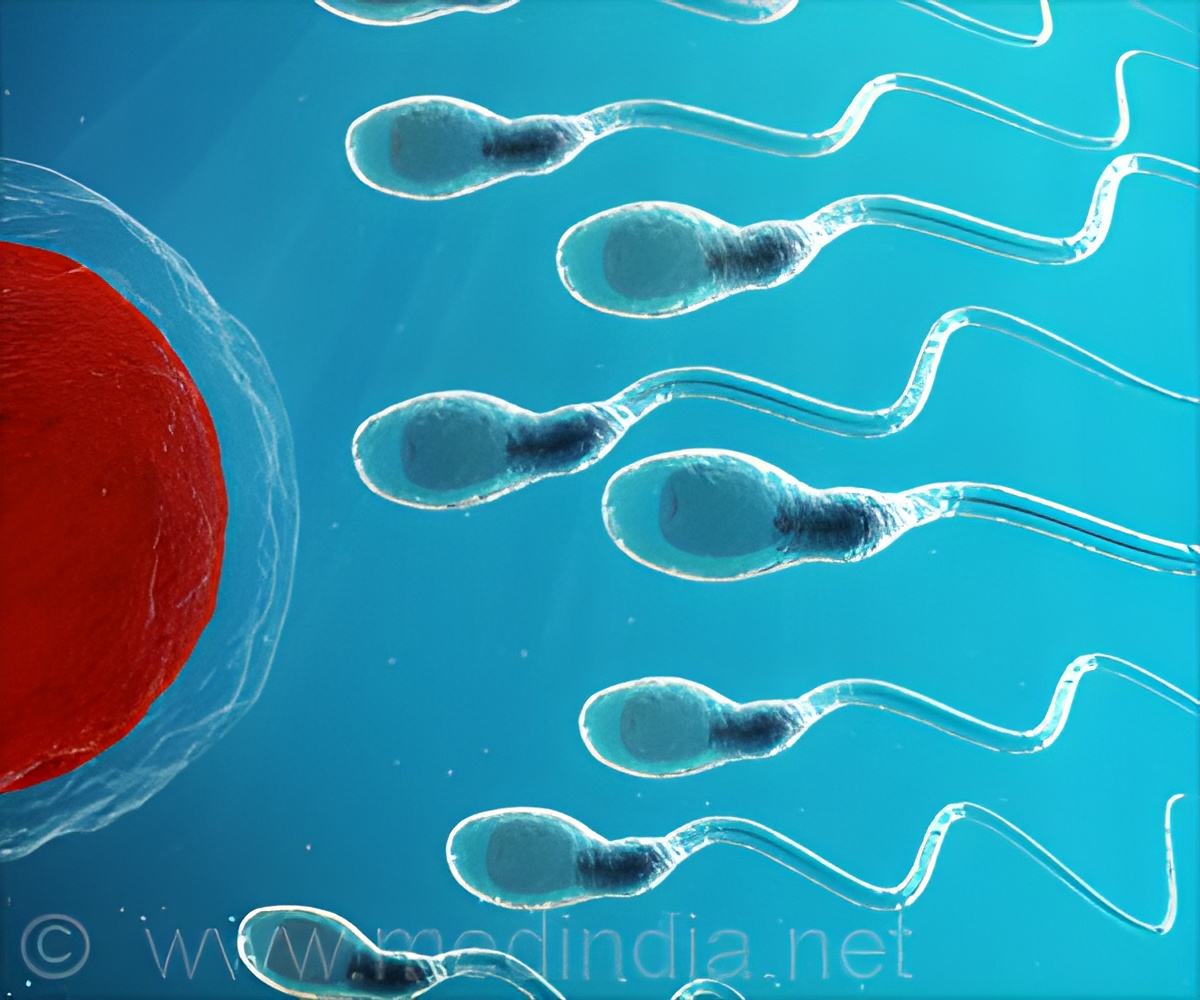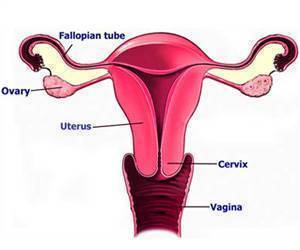Zinc deficiency can affect your chances of getting pregnant, finds a new study. These micronutrients can have early and long-lasting effects on fertility.

‘Overall development of egg was affected by zinc deficiency. Reduction in egg’s ability to divide and fertilization were some developmental stages that were affected.
’





The availability of micronutrients in the ovarian environment and their influence on the development, viability, and quality of egg cells (oocytes) is the focus of a growing area of research. In mammals, the ovary is made up of thousands of structures called follicles--women are born with approximately two million--which consist of one oocyte surrounded by layers of support cells (somatic cells). After puberty, a complex cascade of events occurs to prepare groups of oocytes for maturation, ovulation, and fertilization. Though a group of oocytes begins to mature each month, only one will be ovulated and have the chance of being fertilized. Multiple factors can influence whether a given oocyte will mature correctly and one day be ovulated, including the presence of sufficient levels of certain micronutrients.
"More and more evidence is accumulating that zinc is a key player in oocyte development," lead author James Hester said. In the current study, Hester and his adviser, Francisco Diaz, assessed the effects of zinc on egg development extremely early on in the oocyte maturation process.
"Fertility research and treatment has primarily focused on the largest class of follicles (antral follicles), which are capable of ovulating in response to hormonal signals from the pituitary gland," Hester wrote. "In contrast, our study examines smaller preantral follicles, which are still growing and don't respond to the ovulatory signal yet. In humans, preantral follicles have to keep growing for about 90 days before they are ready to ovulate. Previous studies showed that zinc levels are critical in the antral follicle, but no one had tested the effect of zinc deficiency on preantral follicle growth."
The researchers collected preantral follicles from mice and matured them in a cell culture dish. They compared eggs matured in a zinc-deficient environment to those grown with normal levels of zinc. They also exposed the zinc-deficient and control eggs to epidermal growth factor to mimic the hormonal environment necessary for ovulation after the maturation process.
Advertisement
- Disrupted growth of cells in culture
- Led to smaller egg cells early in development
- Caused problems with the development of somatic cells and elevated certain cell markers
- Impaired the egg cell's ability to properly divide (meiosis), a necessary step before successful fertilization can occur. This defect persisted even after more zinc was introduced to the environment
While the World Health Organization estimates that 17 percent of the global population is vulnerable to zinc deficiency in their diet, the estimate may not include cases of marginal zinc deficiency (people with some zinc in their diet, but less than recommended).
Advertisement
Source-Eurekalert









